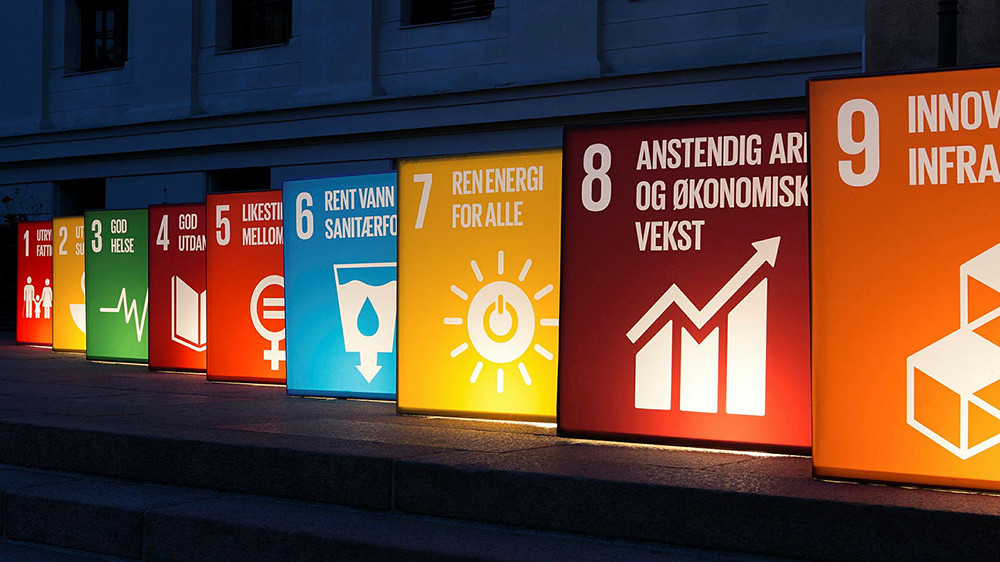As the world heads towards the 2030 deadline to achieve the Sustainable Development Goals (SDGs), a new report by Save the Children highlights a concerning trend: children from rural and poor families are being left behind in global development. The report, titled "Racing Against Time," reveals that only a handful of countries are making inclusive progress on key indicators like child marriage and malnutrition, while many others are lagging behind. This underscores the urgency for world leaders to prioritize the needs of the most vulnerable children.
The report delves beyond national averages, showcasing the stark inequalities that persist across various countries. It underscores the systemic challenges faced by children who are denied their right to education, with most nations struggling to meet the "quality education" target, even for primary school completion.
The "Racing Against Time" report uses the Child Atlas to assess progress on five crucial child-focused SDG indicators: child mortality, hunger, primary school completion, ending child marriage, and birth registration. The findings highlight a concerning reality:
-
Child Marriage: Only eight countries are demonstrating inclusive progress in combating child marriage, which disproportionately affects girls from rural and impoverished families. This lack of progress is deeply troubling, as it perpetuates a cycle of disadvantage and limits opportunities for girls.
-
Malnutrition: A mere 40 countries are on track to eliminate stunting and other forms of malnutrition, indicating a widespread failure to address a fundamental threat to children's health and development. These findings highlight the need for increased investment in early childhood development programs and access to nutritious food.
-
Education: Many countries fall short in achieving the goal of quality education for all, particularly for children in rural areas and from marginalized communities. The report underscores the need for targeted interventions to address disparities in access to and quality of education, ensuring that all children have the opportunity to reach their full potential.
In response to these alarming trends, Save the Children is urging world leaders to take decisive action to accelerate progress on the SDGs, with a particular focus on interventions that directly benefit children and their families. This includes:
-
Increased Investment: Significant financial resources are needed to scale up programs and initiatives that address the specific needs of marginalized children.
-
Targeted Policies: Governments should prioritize policies that ensure that children from disadvantaged backgrounds have equal access to essential services like education, healthcare, and social protection.
-
Child Participation: Children must be actively involved in decision-making processes that affect their lives. This ensures that their perspectives are heard and considered, leading to more effective solutions.
With just six years remaining to achieve the SDGs, the world is facing a stark choice. Failure to address the widening gaps in progress for vulnerable children will have lasting consequences for generations to come. The report serves as a wake-up call, demanding that world leaders prioritize the needs of the most disadvantaged children and ensure that no one is left behind in the journey towards a more just and equitable world.
A Call for Action
As world leaders gather for the Summit of the Future, Save the Children is calling for a renewed commitment to achieving the SDGs. The organization emphasizes the need to place children at the heart of development efforts, ensuring that their rights and needs are central to all policies and programs. The time for action is now. The future of our children depends on it.



















